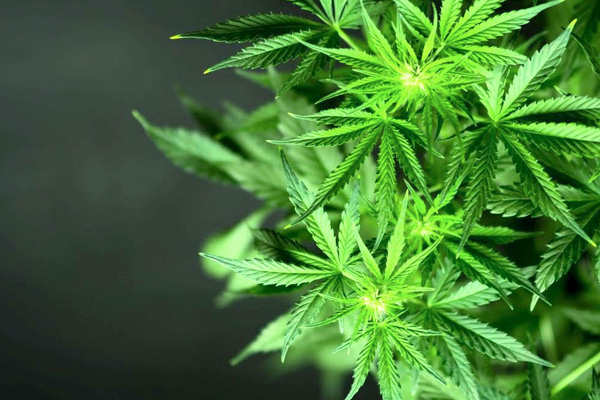OPINIONS ARE SPLIFFED –
March 11, 2021 – Mr Green’s case is (sadly) all too familiar for clinical practitioners in psychiatry. Substance use comorbidity in psychotic disorders has been described as the rule rather than the exception, and it is often deleterious to the clinical course of illness.1 Cannabis (marijuana) is one of the most commonly used substances by patients with schizophrenia and related psychoses. Modulation of the endocannabinoid system by the main psychoactive component in marijuana, Δ9-tetrahydrocannabinol, can induce acute psychosis and cognitive impairment.2 Over the past 2 decades, there has been extensive research on the association between cannabis and psychosis.
To better understand the relationship, it is important to synthesize recent research—through the lens of systematic quantitative reviews—including associations between cannabis and psychosis risk; the epidemiology and phenomenology of psychosis and comorbid cannabis use; associations between cannabis use and clinical course; and outcomes in psychosis. Dichotomous outcomes are reported as odds ratios (OR) with 95% confidence intervals (95% CI). Continuous measures are reported as effect sizes (ES), where an ES of 0.2 is small, 0.5 is medium, and 0.8 is large.



